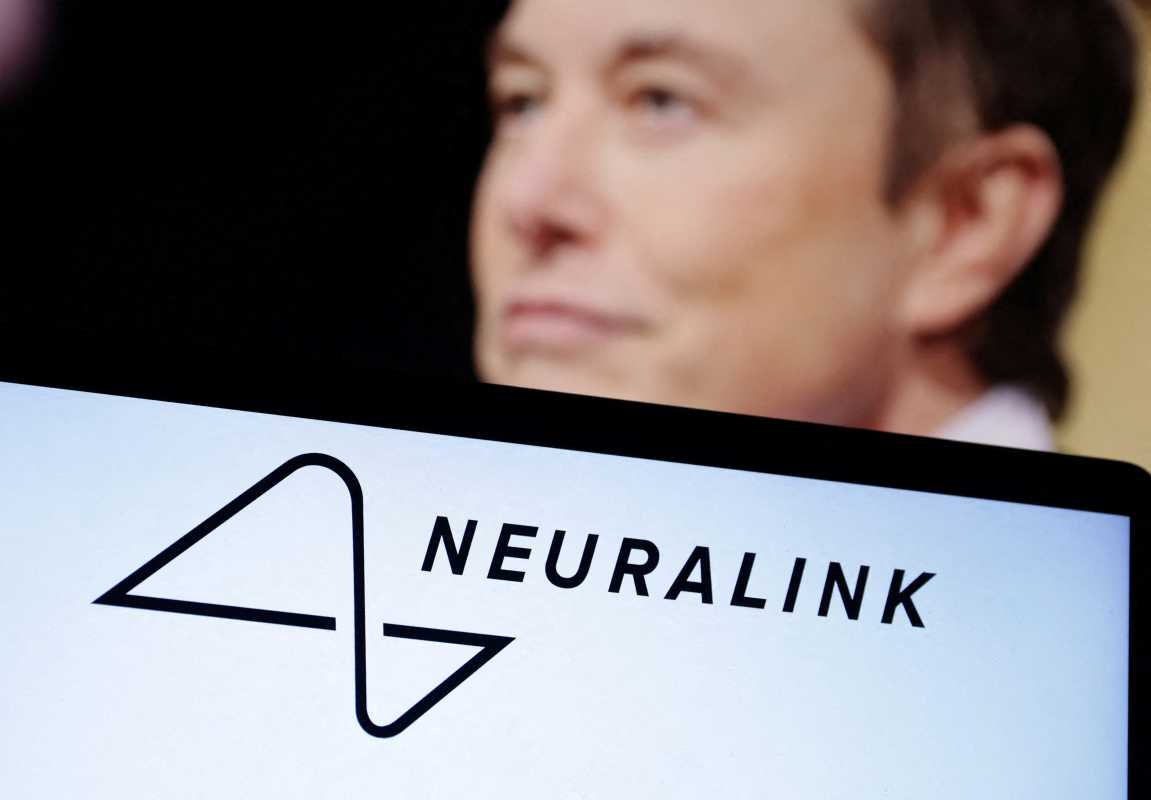Tech
Elon Musk’s Neuralink Completes Successful Human Trial of Brain Implant

Elon Musk‘s brain-chip startup, Neuralink, has achieved a major milestone by completing a successful human trial of its revolutionary brain implant. Musk announced on Twitter that the first human recipient of the Neuralink implant is in a stable condition and showing positive results in neuron spike detection.
Neuralink’s implant aims to develop brain-computer interfaces that allow individuals with paralysis to control devices using their thoughts. The wireless brain-computer interface was granted clearance by the US Food and Drug Administration (FDA) last year for its first human trial, known as the Prime study. This trial focuses on evaluating the safety and functionality of the implant and the surgical robot used in the procedure.
The implant works by interpreting neural activity in the brain, allowing users to operate smartphones and computers by simply thinking about the desired actions. It utilizes small, cosmetically invisible implants placed in the brain’s movement-planning region. Initial studies have been conducted on monkeys, and the trials have now expanded to include patients with spinal cord injuries or amyotrophic lateral sclerosis (ALS).
Neuralink’s breakthrough is the result of decades of research into electrical brain activity, with the first studies dating back to 1929. However, the company faced challenges in obtaining FDA approval due to concerns about safety and potential damage to brain tissue during implant removal. Despite these setbacks, Neuralink is now moving forward with its human trials, as Musk announced the submission of necessary paperwork to the FDA and indicated testing could commence within six months.
While this achievement marks a significant step forward in brain-computer interface technology, it will take time before Neuralink becomes available to consumers, including those in Australia. The FDA’s comprehensive review process and regulation will ensure the device’s safety and effectiveness.
Neuralink’s recent violation of US Department of Transportation (DoT) rules regarding the transport of hazardous materials was reported by Reuters this month. During inspections of Neuralink’s facilities, the DoT discovered failure to register as a transporter of hazardous material and improper packaging of flammable liquid Xylene. The substance can pose various health risks, including headaches, dizziness, and even death.












